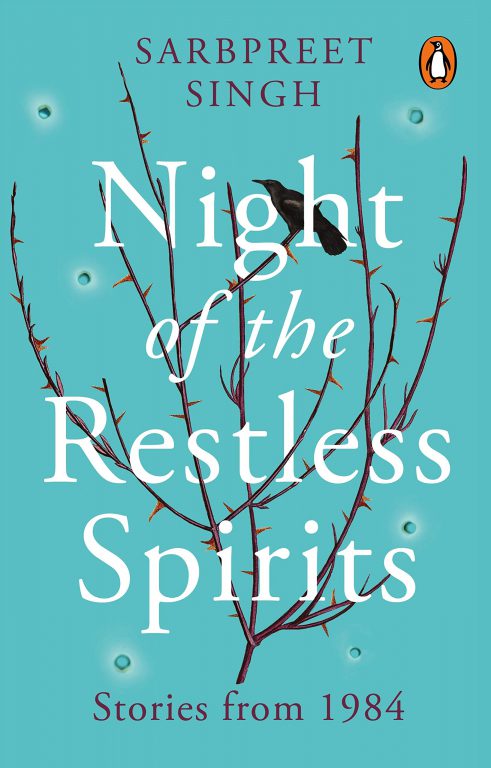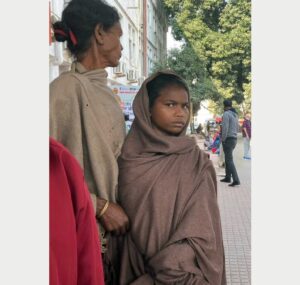

In this review, Shruti Devgan writes about how Sarbpreet Singh’s Night of the Restless Spirits explores the violence of the 1984 pogrom against the Sikh community by the Indian state. Devgan sheds light on how fiction becomes a tool of political critique when conversations are not only censored but manipulated to further stigmatize an oppressed minority.
In June 1984, following several tensions and under the pretext of apprehending “terrorist elements,” the Indian Army under State leadership invaded the Golden Temple, the theo-political center of Sikhs in the Northwest Indian state of Punjab, killing thousands of pilgrims. Shortly after this attack, Prime Minister Indira Gandhi was assassinated by her Sikh bodyguards on 31 October 1984. This precipitated the organized, State-backed massacre of Sikhs in Delhi and other parts of India in which more than 3,000 Sikhs died. In Punjab, the events of 1984 initiated at least a decade of extrajudicial killings, disappearances, atrocities and torture sanctioned by the State. 1984 became shorthand, symbolizing the violence of June and October-November, but also the tensions between the Sikh community and State, when the State assumed a Hindu identity, drawing a simplistic association between the majority Hindu community as the rightful proprietors of India. 1984 became a taboo subject for…
Related Posts


Donald Trump’s Master Economic Plan I Opinion by Yanis Varoufakis




